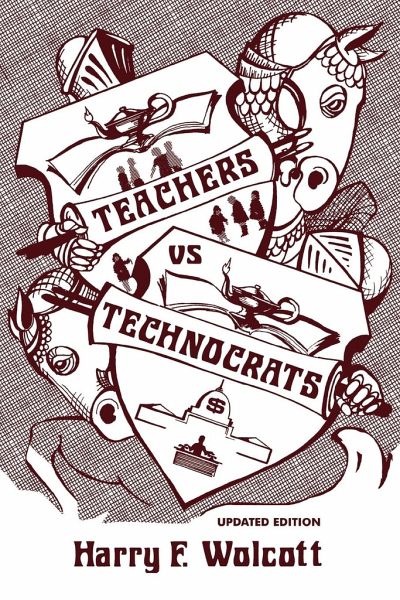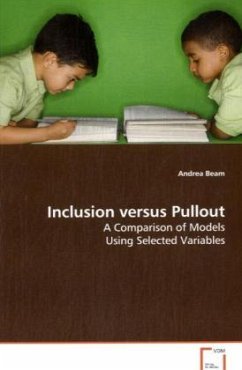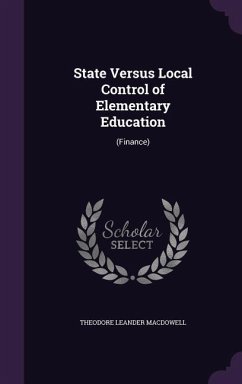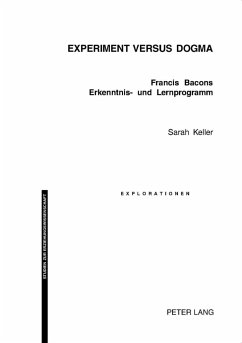
Teachers Versus Technocrats
Versandkostenfrei!
Versandfertig in 1-2 Wochen
63,99 €
inkl. MwSt.

PAYBACK Punkte
32 °P sammeln!
Harry F. Wolcott draws on his dual perspective as an educator and an anthropologist to provide a unique and penetrating look at the dynamics of a federally funded research and development project and to analyze what happened when university researchers and school district administrators attempted to introduce an experimental planning and evaluation system in an operating school district.














